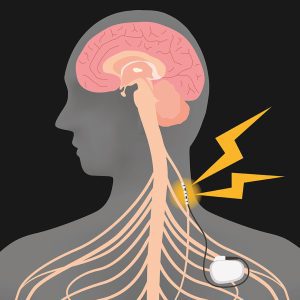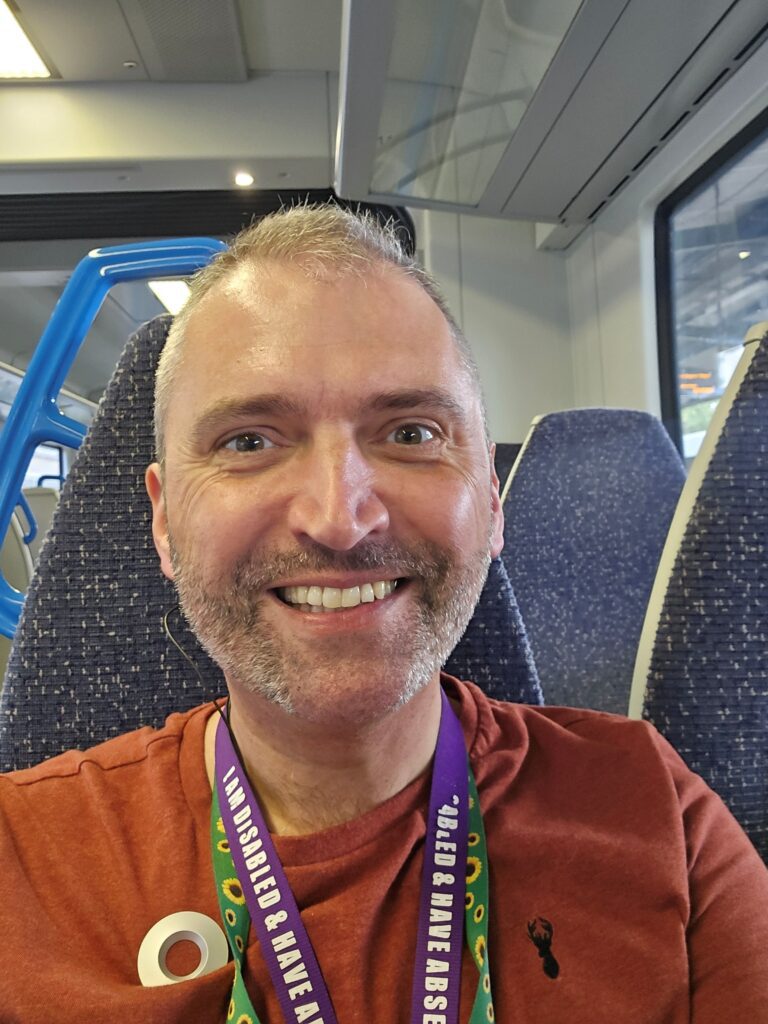 A new project, led by the University of Liverpool will look into the long-term effectiveness of vagus nerve stimulation (VNS).
A new project, led by the University of Liverpool will look into the long-term effectiveness of vagus nerve stimulation (VNS).
VNS is a treatment option for people with medication-resistant epilepsy who are not able to have epilepsy surgery. It works by having a small device implanted under the skin in the chest and connected to the vagus nerve.
The seven-year trial, which started in June and will run until May 2032, is called the Vagus Nerve Stimulation for epilepsy in children and adults: Assessment of Longer term clinical and cost Effectiveness in a Randomised controlled Trial (VNS-ALERT).
Led by professor of neurology Tony Marson, the trial will recruit 300 people aged five and above from UK epilepsy surgery centres.
The research will investigate seizure freedom as a marker for VNS success, as well as seizure severity, side effects and death. It will also evaluate the cost effectiveness of VNS and its effect on quality of life.
The research will also include children and adults with intellectual disabilities – a group Prof Marson says is “historically underrepresented in epilepsy research”.
The £2.9m project has been funded by the National Institute for Health and Care Research (NIHR) and supported by the Epilepsy Research Institute’s Shape Network. The Shape Network ran surveys and workshops to aid the project and influenced the way it will work, allowing all participants to receive a VNS device.
More articles







